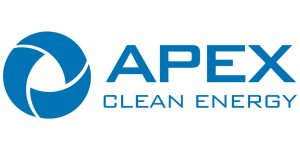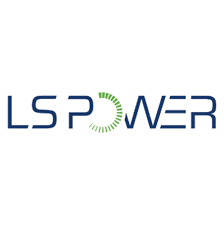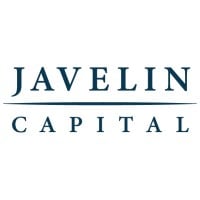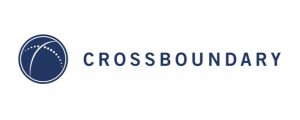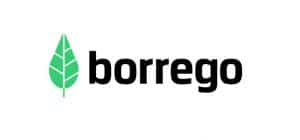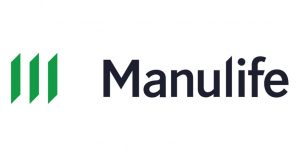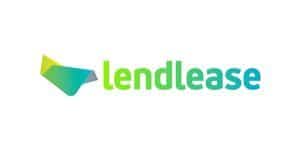We are committed to providing real skills and knowledge, acquired over time, utilizing methods including in-person training, live streaming sessions, coaching and mentoring, and online learning.
We enhance learning by customizing the training to emulate your approach to risk management, and preferred financial structure. Courses can be tailored to be based on real deals within your portfolio, including incorporation of the actual transaction documents and country-specific tax regime.
Pivotal180 trainers have taught over 9,000 students over the last six years. We have learned what it takes to create engagement and to teach concepts.
No other training organization goes this deep. Our training solutions include lessons on how to read legal documents, the key provisions of the major Agreements, and items such as how to forecast wind. Learning should not stop when class ends.
All participants in our training programs receive 12 months of free access to our self-paced online training platform. This enables students to review concepts covered in class, dive deeper into items we do not have time to broach in class, and to ask questions of the trainers and other students
Our customized training courses are offered in-person at your offices or live streamed virtual bite size sessions
Methodology
Why Choose Pivotal180 for Project Finance Training?
Redefining the standards for project finance modelling training
Unrivaled Experience
Trainers who have led deals, with decades of real experience in project finance, energy and infrastructure.
More Than Just Excel Formulas
Understand the concepts behind the code, how to analyse deals, legal aspects, and what matters most in a transaction.
The Most Tailored Courses In The Market
Learn in context with the courses customised to reflect your business, industry and region in more depth than anyone else.
Access To Online Learning Platform
World-class, CPD-accredited online courses to dive deeper and continue learning beyond the classroom.
Dedicated To Training
Teaching is our exclusive focus, with over 3,000 students trained each year for some of the world's premier investors.







